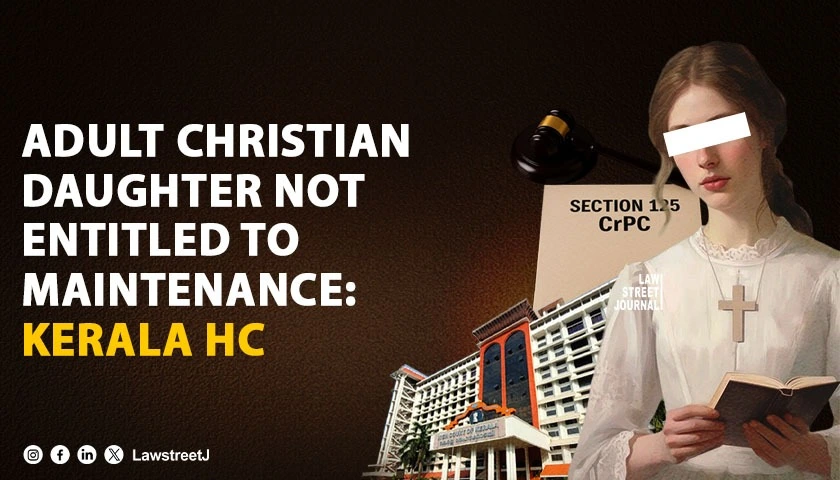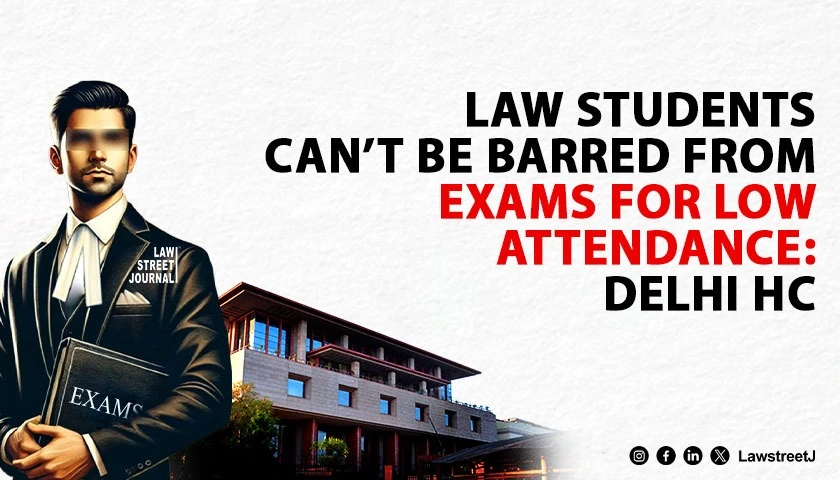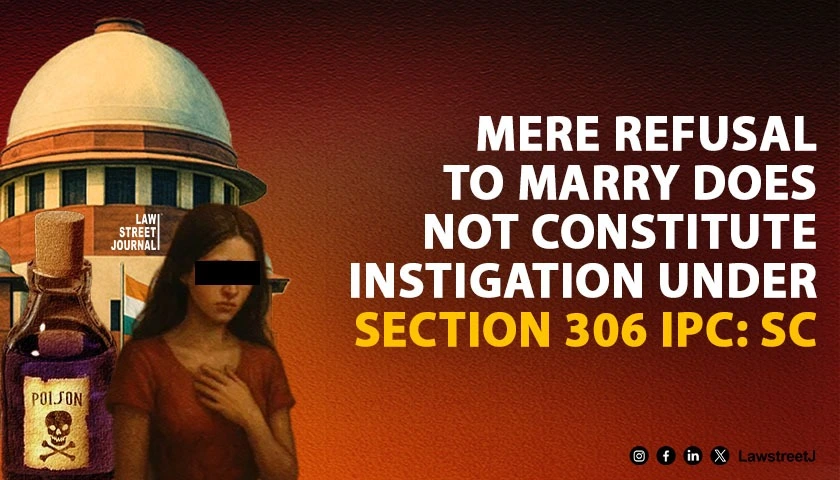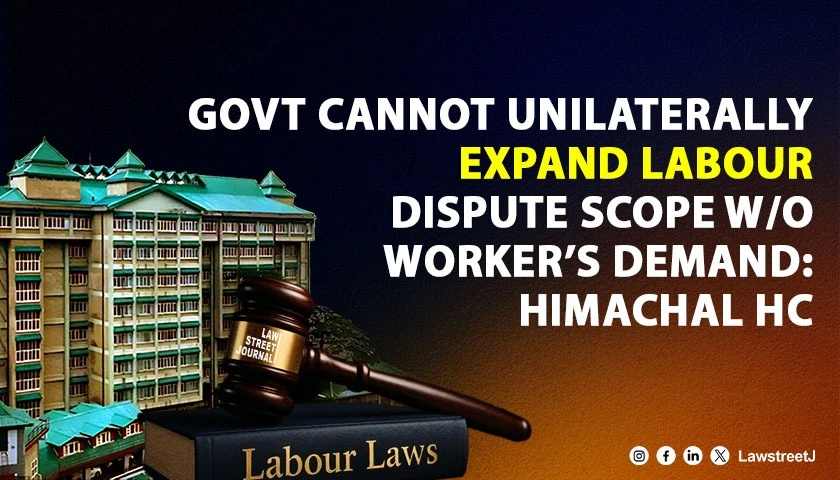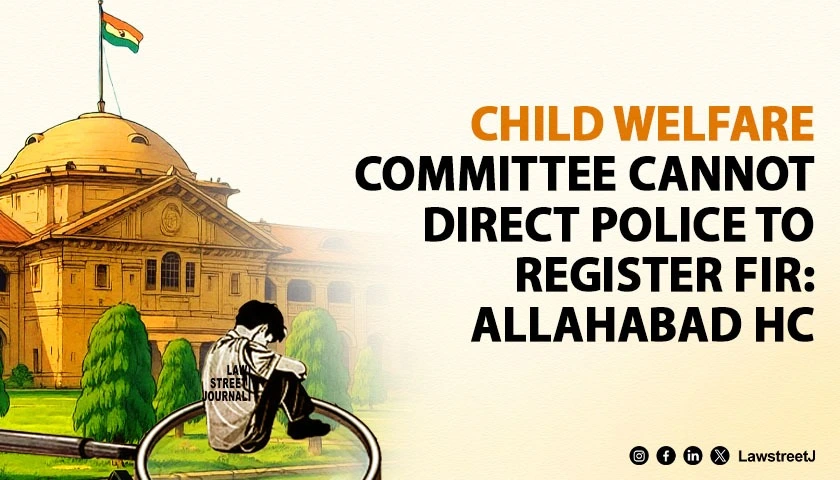Bangladesh: Former Bangladesh Prime Minister Sheikh Hasina, who has been living in self-exile in India since the fall of her government in 2024, has issued a detailed written statement accusing the current interim administration of enabling extremist elements. Released through a written interview on November 7, 2025, the comments include her first explicit expression of gratitude to the Indian people for what she described as a “safe haven.” Her remarks arrive at a sensitive political moment in Bangladesh, where a caretaker government headed by Nobel laureate Muhammad Yunus is overseeing the run-up to national elections scheduled for 2026. Hasina’s party, the Awami League, remains barred from participating in the electoral process—a decision she argues contravenes constitutional guidelines.
Political Collapse and Exile
Hasina’s intervention comes more than a year after her administration collapsed in August 2024 amid widespread student-led demonstrations, prolonged political unrest, and a series of confrontations between protest groups and law-enforcement agencies. Following the collapse, the Awami League was disqualified from contesting the upcoming polls, prompting debate inside Bangladesh regarding constitutional provisions related to electoral access. In the statement, Hasina said she had been residing in India since leaving Dhaka in 2024 and formally acknowledged her political asylum for the first time. “I am deeply grateful to the Indian people for providing me with a safe haven,” she wrote, describing India as a country with which Bangladesh shares deep historical and political ties dating back to 1971.
India has not publicly commented on Hasina’s legal status. Under international norms, host nations may extend asylum to political figures facing threats, provided this does not violate bilateral commitments or multilateral conventions. Articles 65 and 66 of Bangladesh’s Constitution outline the eligibility criteria for parliamentary participation, and the Awami League’s exclusion has raised procedural questions among constitutional scholars. Legal analysts in Dhaka note that challenges to the Election Commission’s decision remain possible, although no formal petitions have been announced. The Commission has also not issued clarification on how the ban aligns with constitutional safeguards ensuring political representation and multiparty competition.
A substantial portion of Hasina’s statement focuses on allegations against the interim government headed by Muhammad Yunus. She accused the administration of “sponsoring extremists within the government,” claiming such actions could destabilize Bangladesh internally and strain relations with India.
Hasina asserted that measures implemented during her tenure were aimed at containing radical networks, citing strengthened surveillance, community-level monitoring, and intelligence coordination with India. These efforts were carried out within the framework of Bangladesh’s Anti-Terrorism Act, 2009, which outlaws the financing, promotion, or support of extremist groups and establishes procedures for state-mandated counter-extremism action. Bangladeshi legal experts have observed that, if Hasina’s claims are later substantiated, they could trigger examinations under provisions of the Penal Code—particularly Section 121A dealing with conspiracies against the state—and relevant sections of the Anti-Terrorism Act. However, no formal case has been initiated against Yunus or any member of the interim administration on the basis of these allegations. The government has also not issued an official response to her claims as of November 7, 2025.
Yunus’s office has maintained silence on the matter, and the interim cabinet continues to focus publicly on election preparations and administrative restructuring. International observers monitoring the political transition have not commented directly on Hasina’s allegations.
Possible Bilateral Impact and Regional Implications
Relations between India and Bangladesh span several strategic domains, including security coordination, trade logistics, border management, and cooperation under mechanisms such as BBIN (Bangladesh-Bhutan-India-Nepal). Hasina warned that an alleged rise in extremist activity within Bangladesh could place pressure on these sectors. “India has always been a steadfast ally and friend to Bangladesh. But today’s chaos and degraded decision-making are not what India expects from us,” she said.
India’s Ministry of External Affairs has maintained a neutral position, reiterating support for democratic processes without commenting on internal politics in Dhaka. Analysts note that any deterioration in bilateral ties could influence intelligence exchange, joint border patrols, transit agreements, and long-standing arrangements under the 1972 India-Bangladesh Treaty of Friendship, Cooperation and Peace, which emphasizes mutual respect, peaceful coexistence, and non-interference.
Security experts also point out that shifts in Bangladesh’s internal policies could affect India’s northeastern border regions, where migration flows and cross-border movement often intensify during periods of political uncertainty. Any slowdown in counter-terrorism cooperation could have implications for ongoing joint operations aimed at addressing militant networks along the frontier.
The upcoming 2026 elections remain a point of contention. With the Awami League excluded, several political groups have questioned the legitimacy of the electoral process. International organizations monitoring democratic transitions have urged the Election Commission to ensure transparent procedures and broad political participation. The Commission has not issued detailed statements addressing those concerns.
Sheikh Hasina’s written comments add a new dimension to Bangladesh’s ongoing political transition by combining allegations of extremist influence within the interim administration with public acknowledgment of her asylum in India. The statement adds pressure to an already complex environment shaped by constitutional debates, security considerations, and regional diplomatic calculations. How the interim government, Bangladesh’s institutions, and neighboring India respond in the coming months may determine the trajectory of both domestic governance and bilateral cooperation.

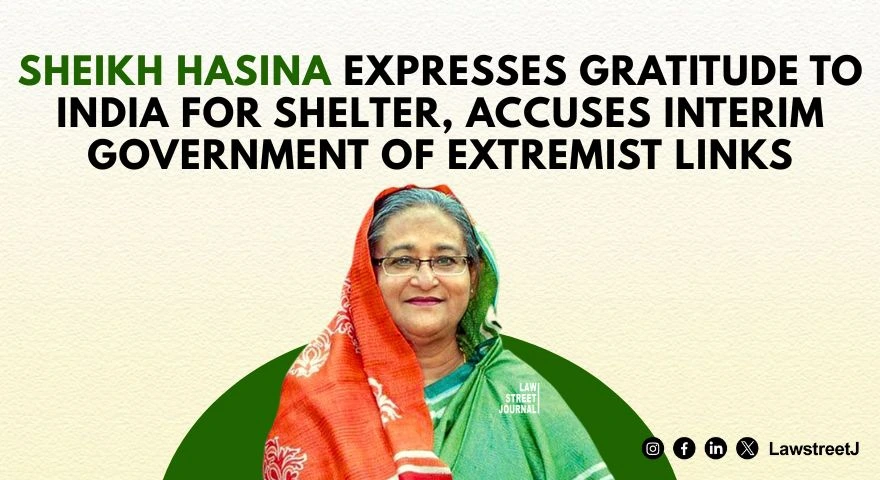
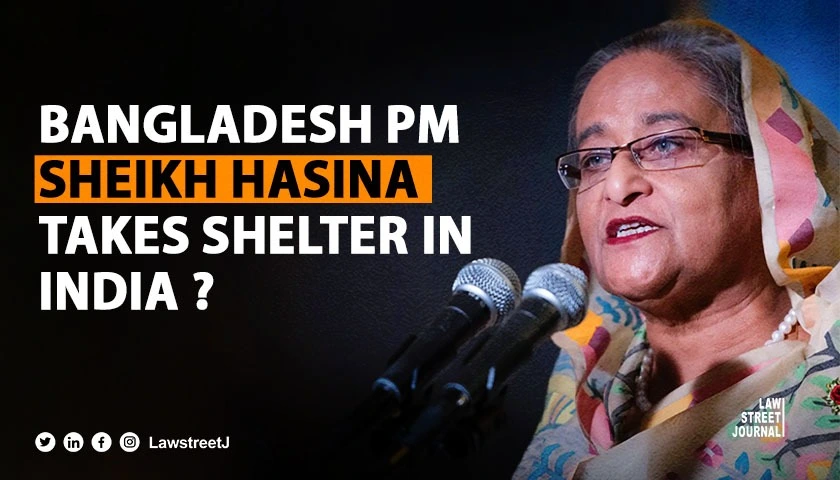
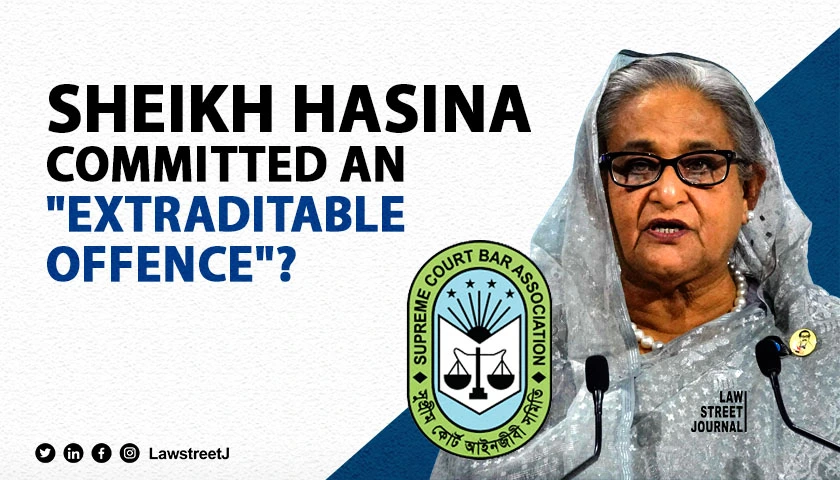
![CJI cites Bangladesh to highlight importance of liberty [Read Speech]](/secure/uploads/2024/08/lj_1548_CJI_Bangladesh.webp)

